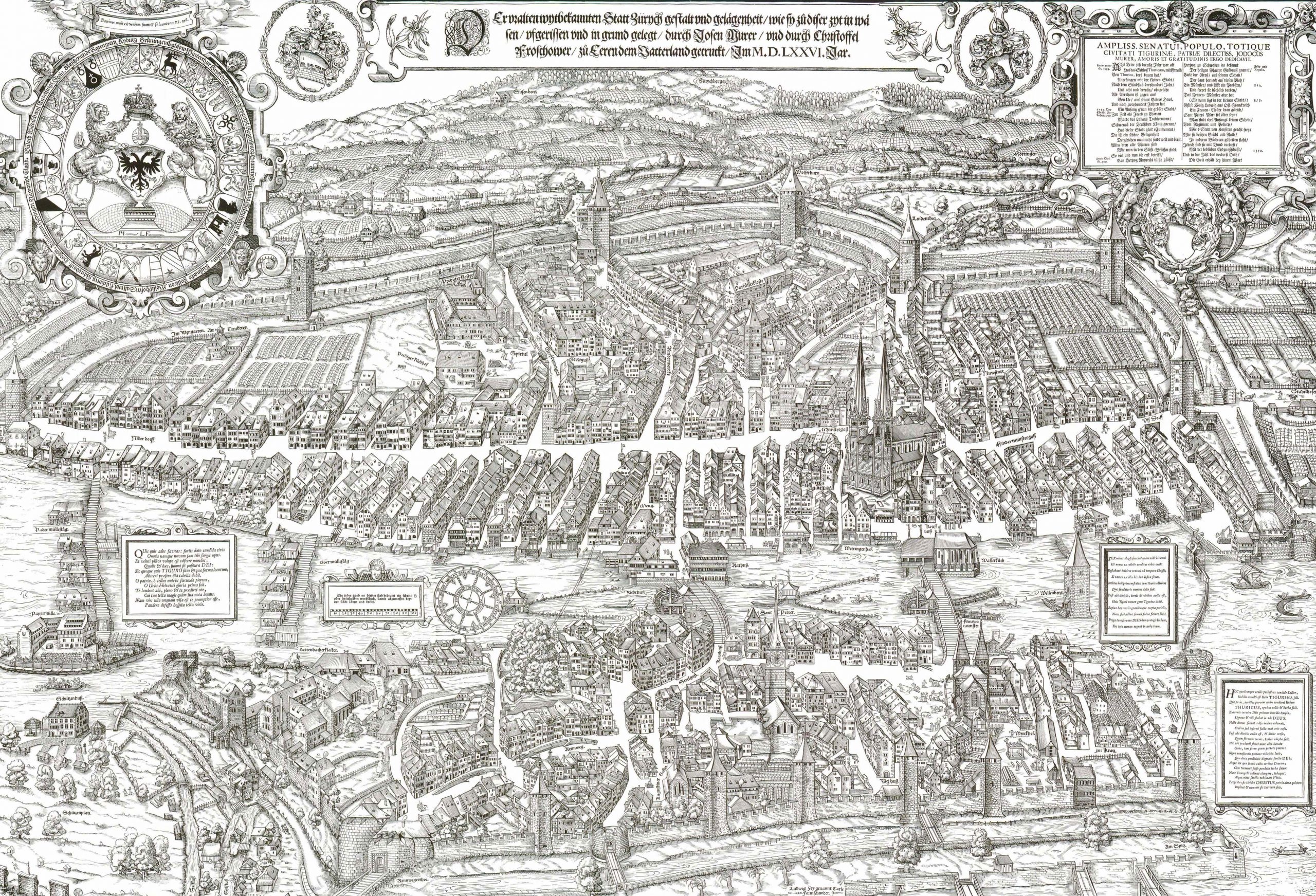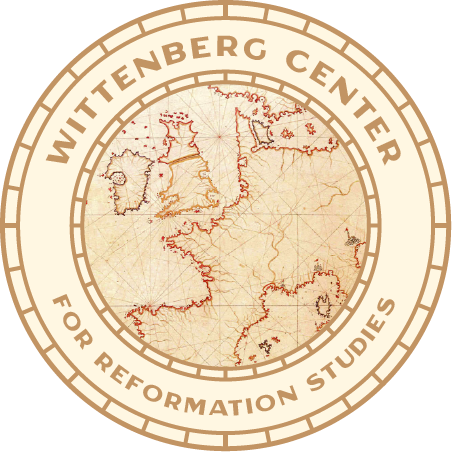The second week of the summer course was focused on the German background of the English Reformation. Since the beginnings and progress of the English Reformation were determined by developments in Germany, the course examined the development of Reformation theology, the Evangelical movement, and the Protestant church.


On Monday, guest lecturer Prof. Robert Kolb (Concordia Seminary) introduced the theology of Martin Luther and used Luther’s ‘On Christian liberty’ to illustrate the basic ideas of faith and justification that would become essential to the English Reformation. In the evening, Prof. Torrance Kirby gave his second lecture as a Research Fellow, comparing Luther’s doctrine of justification with Hooker’s. On Tuesday, Dr. Matthias Deuschle (University of Tuebingen) focused on the imperial city of Schwaebisch Hall and the reformer Johannes Brenz, explaining how the evangelical movement made Reformation theology usable for church practice. On Thursday, Dr. Andreas Stegmann (WCRS) gave an introduction to the church orders of the Wittenberg Reformation and illustrated the institutionalization of the Reformation through the texts of the orders created in Wittenberg in the 1520s. On Friday, Prof. Dorothea Wendebourg (Humboldt University, Berlin) focused on worship, comparing the Wittenberg and Zurich liturgies of 1525 and 1526 and highlighting the theological differences and their practical implications.
The course work was supplemented by guided visits to the Melanchthon House and the Parish Church. Four Student Fellows presented their research.

The city of Zurich, where Ulrich Zwingli introduced his new liturgy in 1525.


